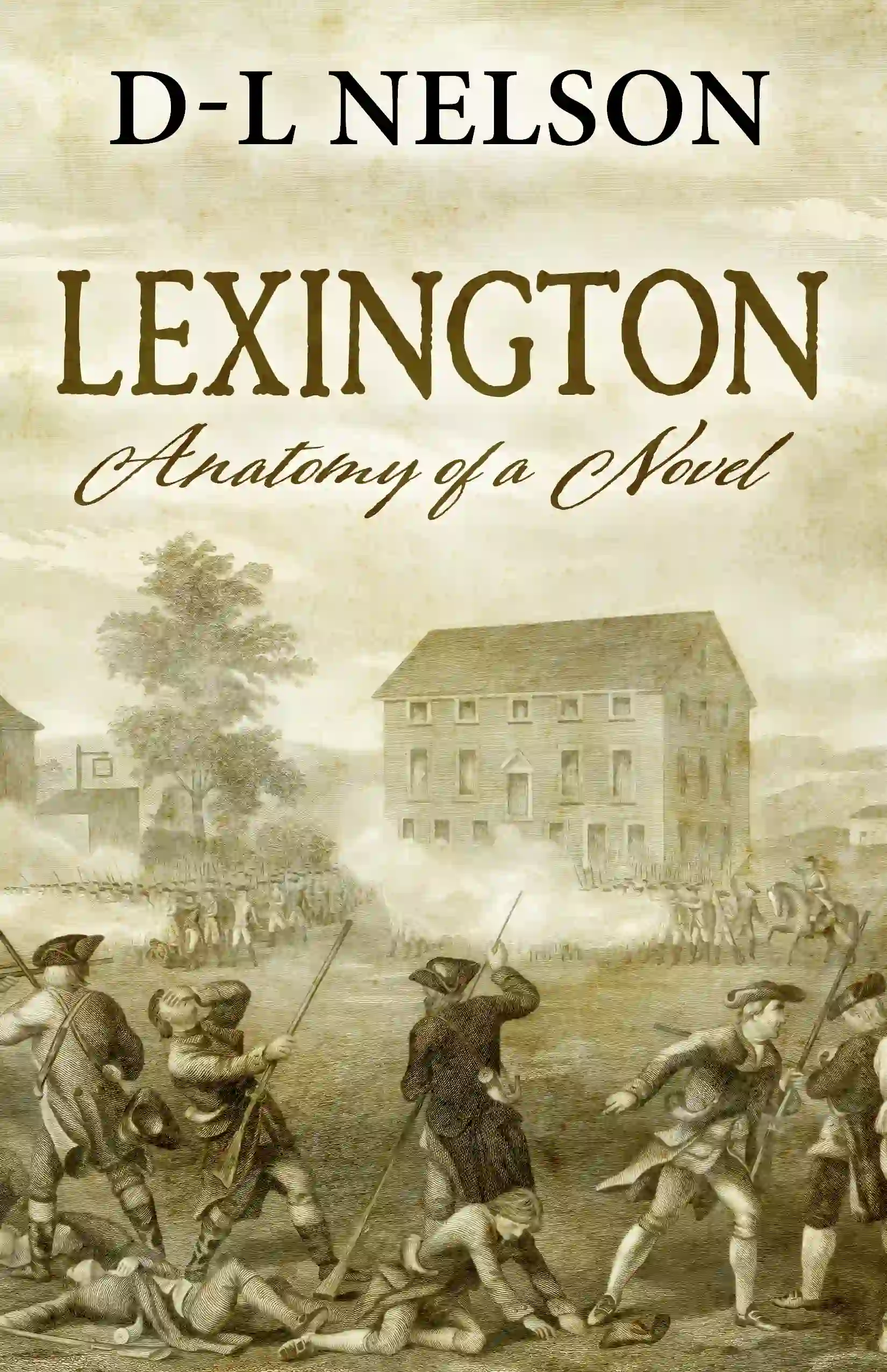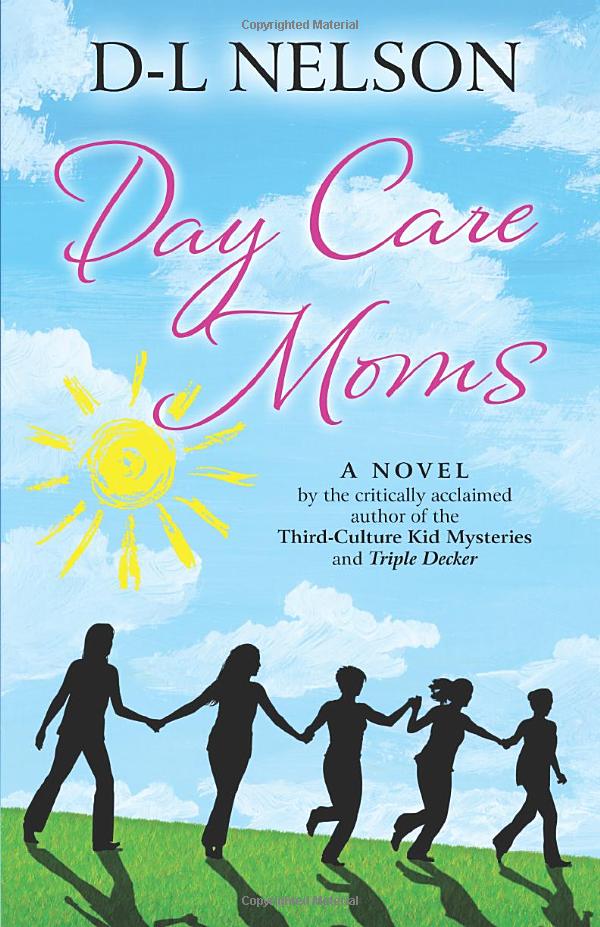I’ve been working on my new novel Lexington. At this point I try and push everything else in my life to the non-essential aside. Yet, I hear that the washer has shut off and yesterday’s clothes are dry and need to be put away. This afternoon I’ll walk to the post office with Sherlock and my husband and try to remember there’s an outside world.
It has been slow going because in the early chapters, I’d write a paragraph and then have to check a historical fact. Ranger Jim, at the Minute Man National Park, has been incredible. Boston1775.blogspot.com also has been a great source and I’ve read several books which fill in the holes of my knowledge…like bread making and leather fire buckets never mind a second Boston Tea Party.
To try not to be distracted by current events, pandemics, surgery, dentist and technical failures which seem to happen at the rate of one a day has been a battle. Never mind changing countries from France to Geneva and back again. At this point, I can’t say I’m winning, but I’m not losing as badly.
Having worked in journalism and corporate communications, I know it is impossible to wait for the right moment to write.
I’m in the middle of writing Lexington, about the unknown British soldier buried at the Lexington battlefield, which ignited the American Revolution. The characters, some real, and some fictional, are constantly in my mind. Here’s some of the things that I keep thinking about.
“So how big a role am I going to play in this novel,” Mollie Clark is asking me. Mollie is the widowed daughter of the publisher of one of the most influential newspapers against the British occupation.
“I do like Mollie, but am I being disloyal to my poor dead wife?” James asks. He’s with the 43rd Regiment of Foot and has only been in Boston since summer 1774. I’ve made James my main character.
“Where did those damn cannons go?” General Gage worries. I wish I could have found a biography of the General, but to date I haven’t.
“I’ll sell out the patriots to the English army,” Dr. Benjamin Church says, “but I don’t think the Sons of Liberty are aware.” Dr. Church was a real traitor to the patriots. The conversations he has with General Gage are a product of my imagination, although very close to what he wrote the General.
Daphne is beginning to discover her bridegroom Gareth, the Boston British Counsel, is not the man she thought he was as she’s working on a comic book with Florence DuBois, the Boston French Counsel’s wife. That’s for the modern part of the novel. At first, I wasn’t going to have a modern character, but Daphne kept popping into my mind. It will give me a chance to put in events after the battle.
Today, I’ll put Mollie on center stage right after I polish the chapter where Daphne and Florence plan their next step of their comic book as they eat red velvet cupcakes in a Lexington tearoom.

